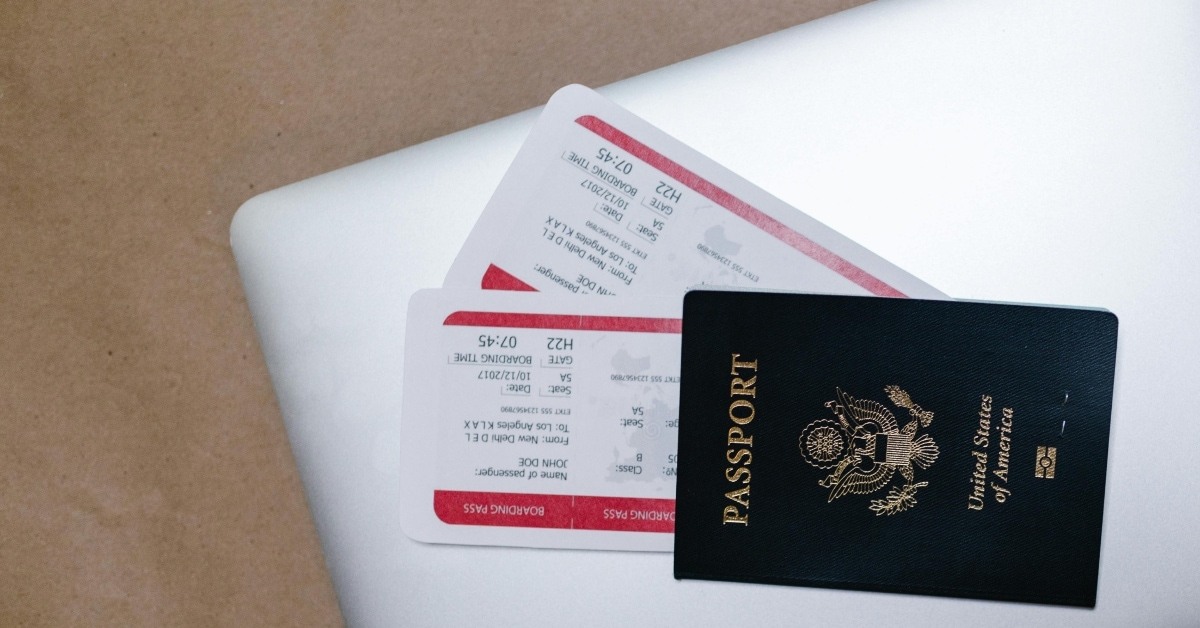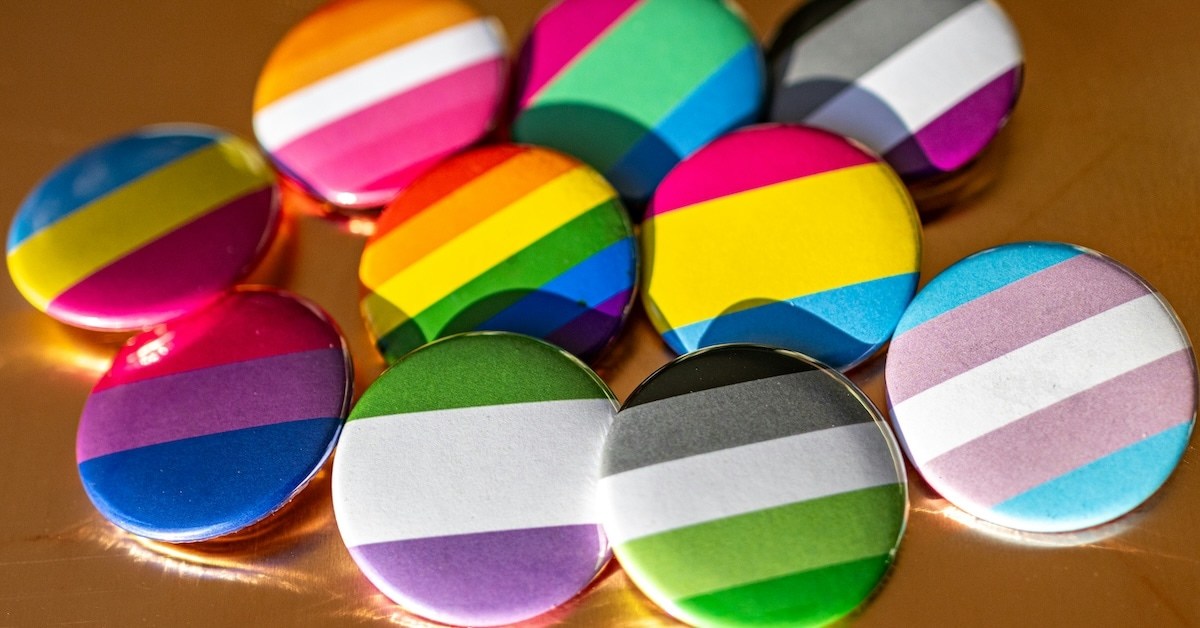BY: DM
Published 3 hours ago
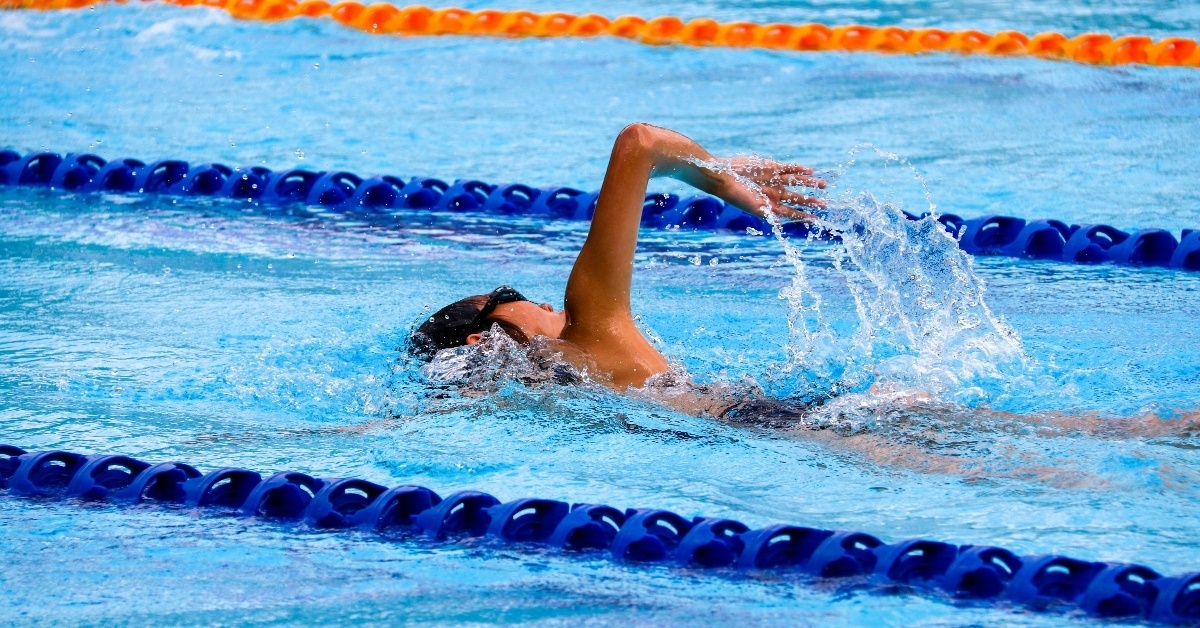
World Aquatics banned masters swimmer Hannah Caldas from all sanctioned events for five years. The suspension lasts until Oct. 18, 2030, and nullifies her finishes from June 19, 2022 to Oct. 17, 2024, including her races at the 2024 World Aquatics Masters Championships in Doha, according to Swimming World Magazine.
The decision sparked backlash from the LGBTQIA+ community, which criticized the ban as discriminatory. Meanwhile, Caldas plans to fight back and defend her position. Here’s where her case stands now.
Hannah Caldas Refused to Undergo a Sex Verification Test
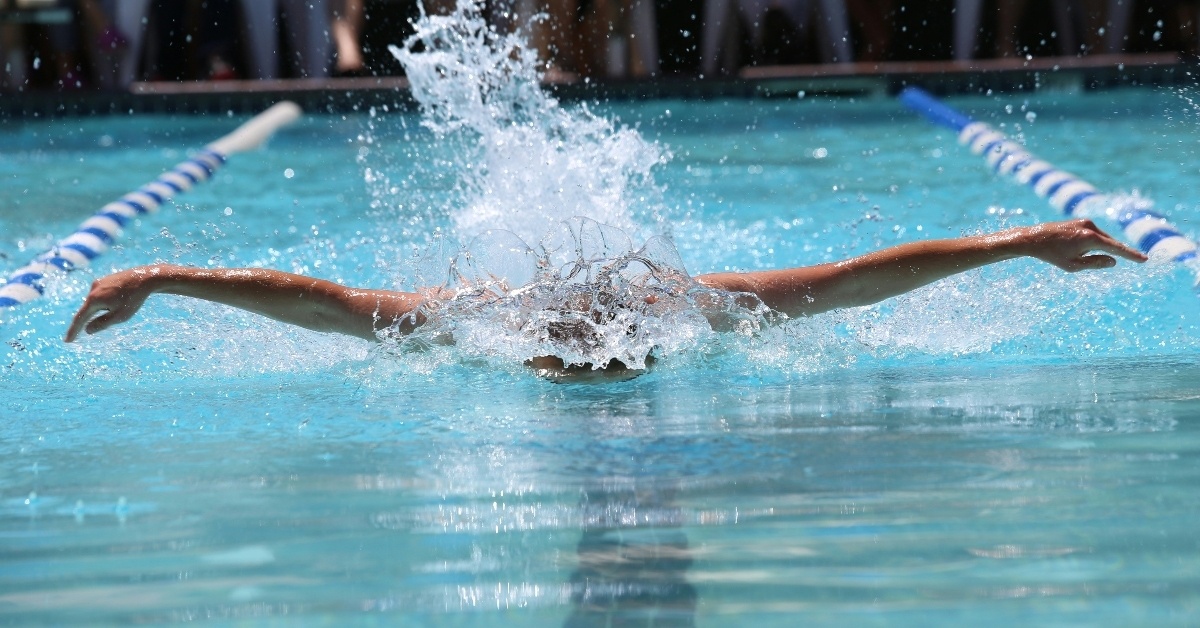
World Aquatics stated that Caldas violated several provisions of its integrity code, and Policy on Eligibility for the Men’s and Women’s Competition Categories. The violations included “false sex certification,” failure to meet women’s eligibility standards, and non-compliance with operational requirements, according to SwimSwam. Investigators asked Caldas to provide genetic or chromosomal proof confirming her eligibility for the women’s category. She declined, and the Aquatics Integrity Unit treated her refusal as a breach that made her ineligible to compete.
Caldas, who won five races at the 2025 U.S. Masters Swimming Spring Nationals, said the requested test was invasive, expensive, and not covered by her insurance. In a statement through the LGBTQIA+ masters club New York Aquatics, she argued that no athlete should have to take a genetic test for recreational-level competition. She added that she had already submitted a birth certificate listing her as female.
“Chromosomal tests are invasive and expensive procedures,” Caldas said, per LGBTQ Nation. “My insurance refuses to cover such a test because it is not medically necessary. No U.S. state requires genetic tests for recreational sports events like these. Not even U.S. Masters Swimming, the national governing body for recreational adult swimming in the U.S., demands this for any of its events.”
Caldas Has No Plans to Return to the Sport
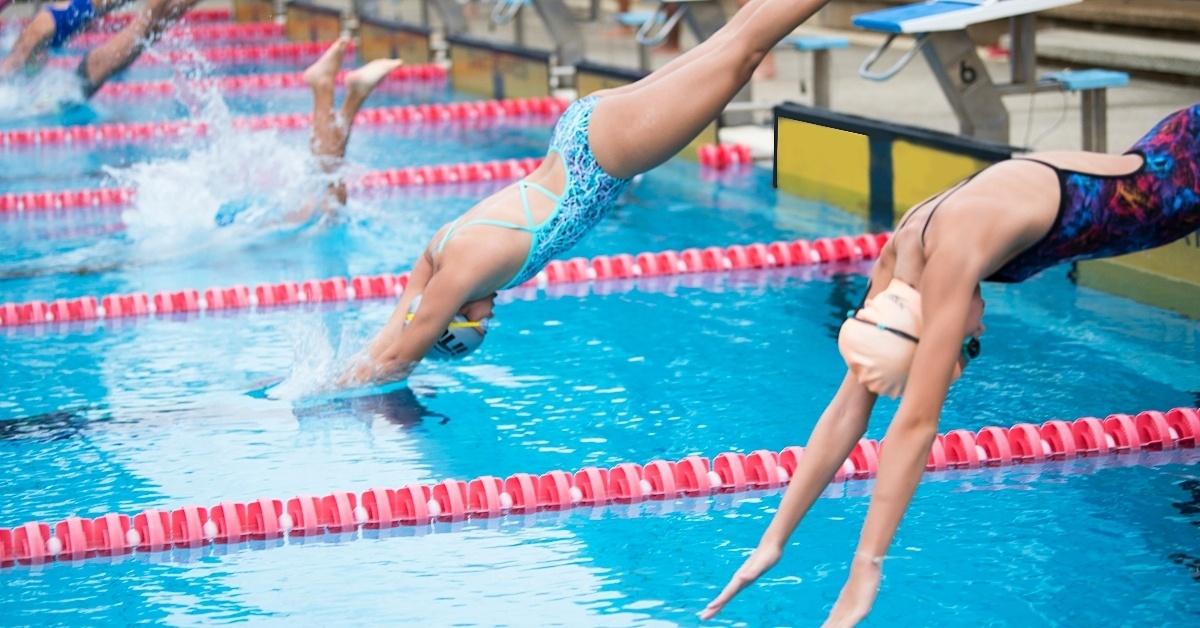
New York Aquatics publicly shared her statement, and continues to support her stance on privacy. Don’t expect Caldas to compete at any USMS or World Aquatics Masters events soon. She said in her statement that she has “no plans to participate” in either organization’s meets and is ready to “let it all go” after more than 30 years in the sport.
Since 2022, World Aquatics has tightened eligibility rules for women’s events, and those rules have faced multiple legal and public challenges. In June 2024, the Court of Arbitration for Sport dismissed Lia Thomas’ challenge to the organization’s transgender policy, Reuters reported. In response to criticism, World Aquatics introduced an “open” category for inclusion, but early attempts to fill it drew no entries at World Cup events, according to a press release.
While every case differs, other transgender swimmers have faced similar scrutiny under the same regulations. Thomas remains ineligible for elite women’s events under World Aquatics’ policy after losing her CAS case in 2024. That case and the creation of an “open” category show how the federation is enforcing, and defending, the policy beyond Caldas. Caldas’s case marks the first widely reported five-year ban at the masters level for refusing a gender-verification test under the current policy.
Should genetic or chromosomal testing be required for athletes in recreational-level competitions? Comment below!
